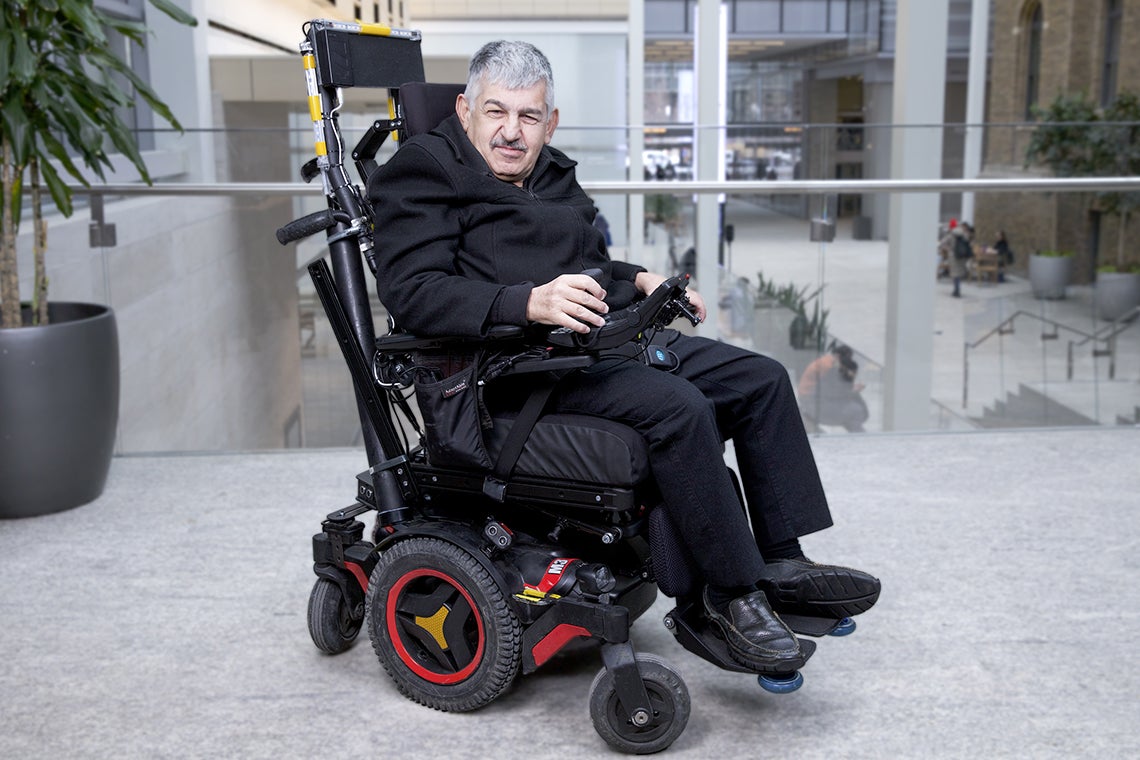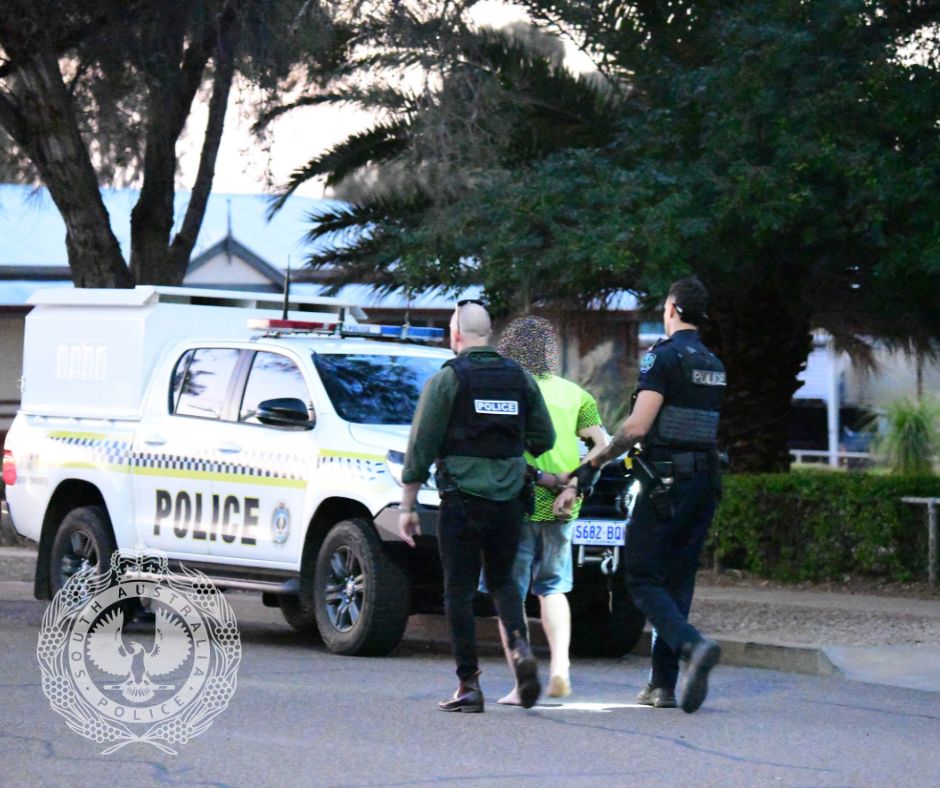
U of T startup Braze Mobility is bettering the lives of people in powered wheelchairs.
Powered wheelchairs are large and heavy, yet they need to maneuver through all kinds of tight spaces designed for people on foot.
The difficulty of operating powered wheelchairs can lead to embarrassing accidents and seem daunting for many people who would enjoy the greater freedom and mobility these devices afford.
U of T startup Braze Mobility has devised a solution-a range of adjustable blind spot sensors that mount to wheelchairs and scooters to help people get around more easily and safely. These sensors provide feedback on the location of proximity of obstacles, allowing people to gracefully navigate challenging spaces-and more easily follow social distancing guidelines.
Making powered wheelchairs smarter and safer, increasing mobility and independence
When Braze co-founder and CEO Pooja Viswanathan was a researcher at U of T’s Intelligent Assistive Technology and Systems Lab (IATSL), she recognized that the technology for powered wheelchairs was not adapting to peoples’ needs. “We saw an opportunity to make powered wheelchairs safe for a greater range of people, giving them back their mobility and independence,” she says.
While there are other companies advancing technology for people in powered wheelchairs, Viswanathan notes that Braze is “really the first in the world to tackle this issue comprehensively.”
That approach led to success. Braze is now the approved supplier of the largest Canadian and two largest American distributers of complex rehabilitation technologies. Braze has also forged a partnership with the largest wheelchair controller manufacturer in the world.
Looking to the future, Braze plans to develop a range of technologies that change the way people learn to use wheelchairs. They also plan to take a data-driven approach to informing how vendors customize wheelchairs for users. “So far, we have received positive interest from stakeholders, including clinicians, manufacturers and distributors, also researchers,” Viswanathan says.
Braze Mobility built their tech in U of T’s innovation network
In developing their technology and preparing to launch, Braze received assistance from various parts of U of T’s innovation network, including the Impact Centre and the Health Innovation Hub (H2i). In 2018, Braze won second place and the People’s Choice Award in U of T’s top pitch competition, the RBC Prize for Innovation and Entrepreneurship.
“Being part of a Campus Linked Accelerator program is critical, and as a hardware startup, it was ideal when we were bootstrapping,” says Viswanathan. “Working in U of T’s innovation and entrepreneurship network allowed us to keep our costs down by modelling prototypes in-house, and helped us produce a minimum viable product. And coming at this as a scientist, help with the business side was critically important. Attending the many free workshops across U of T Entrepreneurship, I learned how to start a company.”
More than just help, Viswanathan says she also found community. “Being in the ecosystem is all about building a network-not just to take from the network but to give back to it. I love being part of it.”






